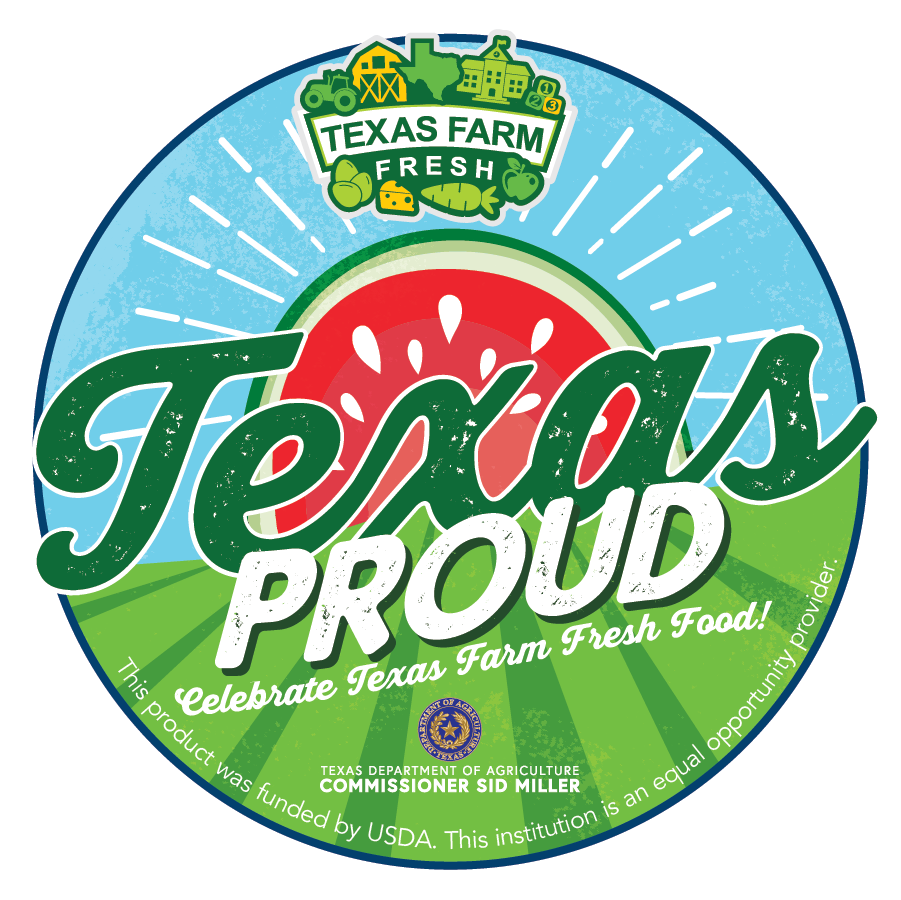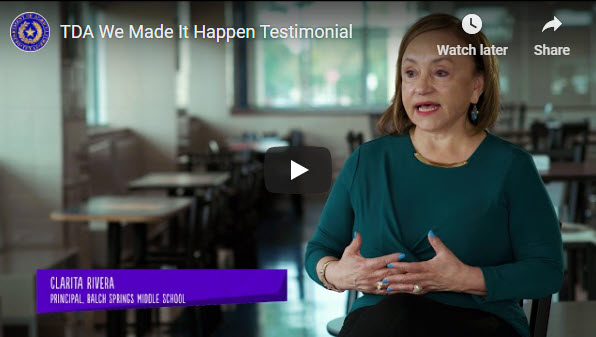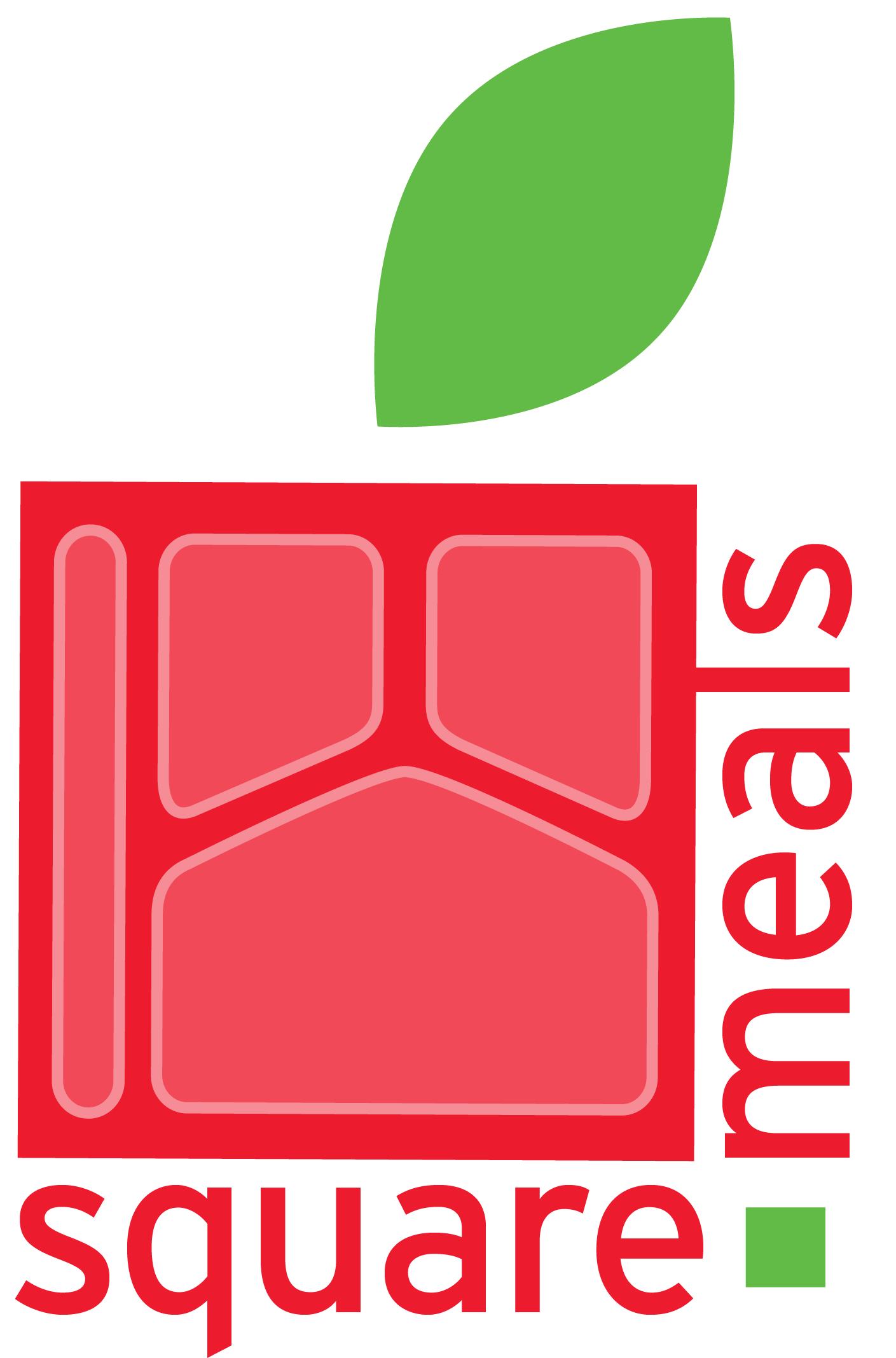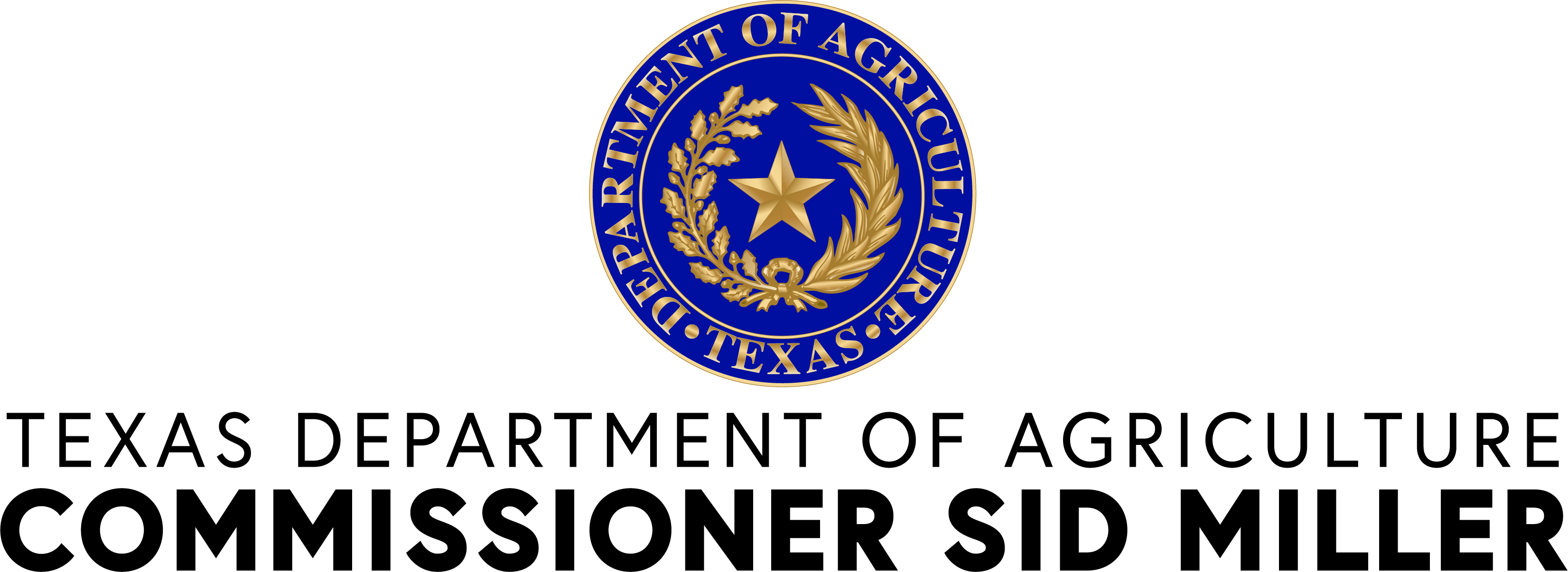|
|
|
Farm to School Month
|
|
October is Farm to School Month!
 During the month of October, the Texas Department of Agriculture (TDA) invites all Texas schools to celebrate Farm to School Month. During the month of October, the Texas Department of Agriculture (TDA) invites all Texas schools to celebrate Farm to School Month.
Farm to School Month is a time to highlight the connections happening across Texas between schools, food, and local farmers and ranchers. TDA recognizes school nutrition professionals as the Local Food Heroes they are for their extraordinary efforts to feed students, now and always. At the same time, these students have every reason to be Texas Proud of the rich diversity of food grown and raised by the outstanding farmers and ranchers in the Lone Star State – from melons and citrus, beef, chicken, and milk, to tomatoes, onions, rice, and wheat – just to name a few!
 |
Click here to download files
File includes student stickers, staff buttons, and classroom stickers with a QR scanner code for viewing Farm Fresh videos on a mobile device. |
Resources to Help You Engage During Farm to School Month
Below are a few resources that you can leverage during Farm to School Month and beyond.
Connecting with Local Producers

|
Watch Now!
Head over to the Farm to School Month video player to help students learn more about Texas agriculture and the role of fresh, local food in a healthy and active lifestyle.
|

|
Farm Fresh Learning Resources
Whether students are in the classroom, have access to a school garden, or are learning at home, these resources have been compiled to support Farm Fresh learning in any environment. This downloadable resource includes hands-on activities, educational videos, learning guides and curricula on Farm Fresh topics like agriculture, cooking and nutrition, and gardening.
|

|
Farm Fresh Cookbook
Make your menu fresh with the Cooking for the Seasons cookbook.
|
Defining Local Decision Tool
The USDA authorizes entities participating in the National School Lunch Program to define local in a manner that best suits their needs and the needs of the population they serve. This tool will walk you through two questions to help you identify your entity’s definition of local.
Local Procurement Decision Tree
This USDA resource will help you identify the appropriate procurement method to use when buying local. Please note that the federal micropurchase threshold has been increased from $3,500 to $10,000 (USDA FNS-GD-2019-0085).
|
|
|
|
|
|
|
|
|
|
|
Assistance available in English and Spanish. Please call 877-TEX-MEAL (877-839-6325) for help. Additional translations services available as well.
|
|
In accordance with federal civil rights law and U.S. Department of Agriculture (USDA) civil rights regulations and policies, this institution is prohibited from discriminating on the basis of race, color, national origin, sex, disability, age, or reprisal or retaliation for prior civil rights activity.
Program information may be made available in languages other than English. Persons with disabilities who require alternative means of communication to obtain program information (e.g., Braille, large print, audiotape, American Sign Language), should contact the responsible state or local agency that administers the program or USDA’s TARGET Center at (202) 720-2600 (voice and TTY) or contact USDA through the Federal Relay Service at (800) 877-8339.
To file a program discrimination complaint, a Complainant should complete a Form AD-3027, USDA Program Discrimination Complaint Form which can be obtained online at: https://www.usda.gov/sites/default/files/documents/ad-3027.pdf, from any USDA office, by calling (866) 632-9992, or by writing a letter addressed to USDA. The letter must contain the complainant’s name, address, telephone number, and a written description of the alleged discriminatory action in sufficient detail to inform the Assistant Secretary for Civil Rights (ASCR) about the nature and date of an alleged civil rights violation. The completed AD-3027 form or letter must be submitted to USDA by:
|
|
1. Mail:
U.S. Department of Agriculture
Office of the Assistant Secretary for Civil Rights
1400 Independence Avenue, SW
Washington, D.C. 20250-9410; or
2. Fax: (833) 256-1665 or (202) 690-7442; or
|
|
| This institution is an equal opportunity provider. |
 |

|
|
|